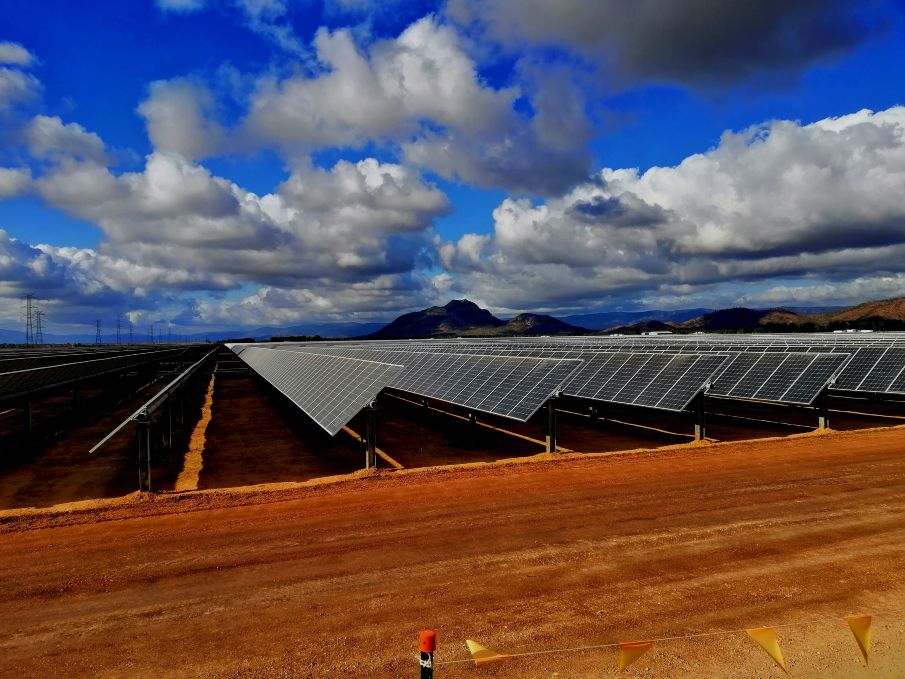Another big player has existed the Australian solar sector highlighting the impact of PV project commissioning delays on the Engineering Procurement and Construction (EPC) businesses. Sydney-based contractor Downer Group has decided to no longer bid to build solar pointing to the risks in the company’s fixed-price bids on major projects.
“We’re out of solar,” Downer CEO Grant Fenn said after delivering the company’s half-year earnings on Wednesday. He said Downer’s decision to pull out of solar was “disappointing but inevitable” given the dearth of new investment. Indeed, large-scale solar projects were the biggest casualty of the last year’s drop in investor confidence in Australia. According to BloombergNEF, investment in big PV fell to US$1.2 billion from US$3 billion in 2018.
The dramatic drop in the level of new spending on large-scale solar projects comes as a result of mounting regulatory risks, underinvestment in transmission and policy vacuum beyond 2020. According to Fenn, the situation in the market is dire with developers, contractors and bankers trying to wrap their heads around grid stability issues, risks associated with transmission losses i.e. falling marginal loss factors (MLFs), grid stability, equipment performance matters, and connection problems.
“These problems will no doubt be sorted out in time, but right now we don’t see a construction market in the short to medium term that will accept our terms and risk position on these matters,” Fenn said.
Connection issues
In the first half of the year, the EPC contractor took a hit on one of its utility-scale solar projects in Queensland– the 100 MW Claire Solar Farm, and pointed to a major risk associated with finalizing grid connection processes and obtaining Generator Performance Standards (GPS), which are negotiated with the market operator and network owners. Connection delays may translate into liquidated damages for EPCs to compensate the project developer for lost revenue. In the most dramatic case, such delays have taken down Downer’s biggest competitor and Australia’s leading contractor RCR Tomlinson.
Many other EPCs have felt the pinch although one recent court decision ruled that the developer, Windlab, should pay the contractor for delays on its landmark solar-wind-battery Kennedy energy hub. According to Fenn, the question: who should be held responsible for delays and cost overruns? – is one of the crucial issues in the market with developers unwilling to take the risk. On top of that, the contractor has reported a series of issues with equipment, particularly inverters.
With the large-scale solar EPC business notorious for tight margins, Fenn said many projects were being completed on “zero margin”. Downer has been involved in some of the major renewable energy projects in Australia including the 349 MW Limondale Solar Farm and the Chichester solar project which will power Fortescue’s iron ore operations in the Pilbara. Its plan is to deliver on all its ongoing construction commitments by mid next year.
This content is protected by copyright and may not be reused. If you want to cooperate with us and would like to reuse some of our content, please contact: editors@pv-magazine.com.









This has clearly demonstrated that aggressive bidding strategy & taking on regulatory approval risks, which are not manageable has brought down this company. Time and again we see contractors & companies taking on more than what they can chew. Good well managed companies get greedier rather than become more sustainable and be judicious in taking on un manageable risks , get into trouble.